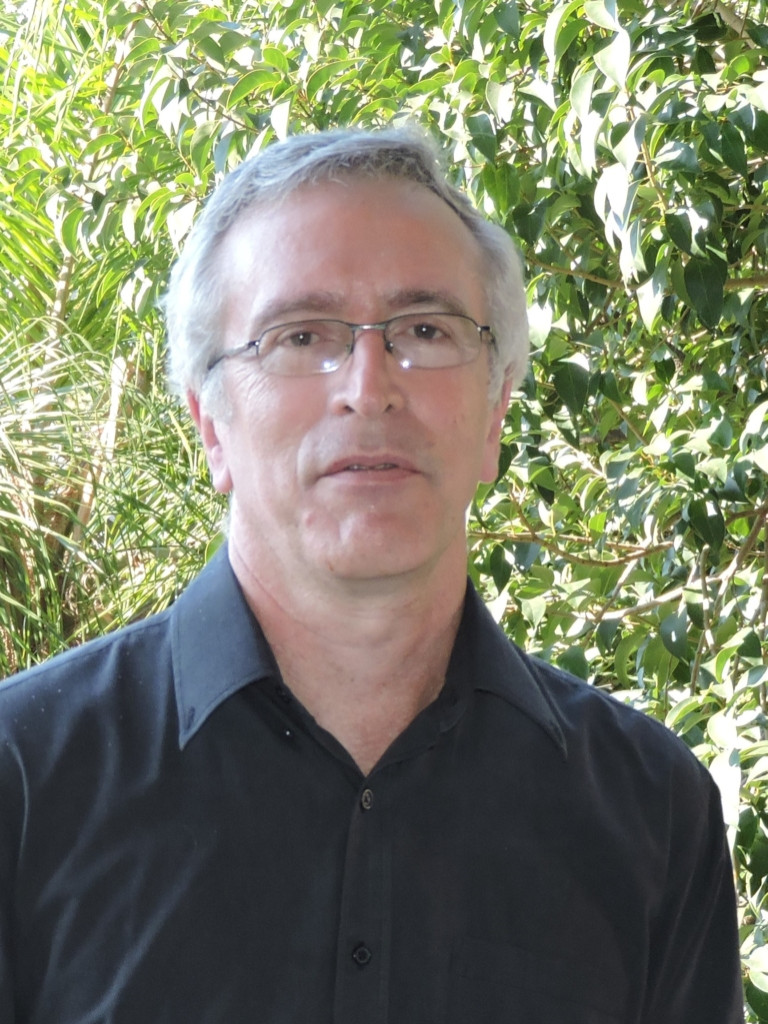
Carlos Herique Fioravanti
- 2015
- Press Fellow
He is a special editor at Pesquisa, a leading science magazine in Brazil, and has written for The Lancet since 2012. Former Reuters Institute for the Study of Journalism Fellow at University of Oxford (2007), completed a PhD in Scientific and Technological Policy at the Campinas University in 2010. 1. Why did you choose to become a science journalist? Because Science has a huge scope, by including diversified areas (botany, astrophysics, medicine, geology etc.), and I really enjoy jumping from one area to other. Also, Science has no definitive answers, as new scientific papers can change old ones. I was not good at writing on Economy, which always has definite, unquestionable answers. 2. What role do science and science communication play in your country? There is not a consensus on the role of science journalists in Brazil. Most of them say that their role is just to show and describe scientific achievements. I have improved my view since started writing on science and environment, in 1985, and currently I think that science journalist should not always act as intermediate, but should try to be a mediator, interpreting information, beyond scientific papers. I wrote about it in a recent essay, A wider approach to Science Journalism (https://www.researchgate.net/publication/259327109_A_wider_approach_to_Science_Journalism), which I would enjoy discussing with other Fellows and comparing our realities, difficulties and solutions. 3. What speakers or topics of this year’s Falling Walls events are you most looking forward to? And why? I have specific interest in immunology, cancer and infectious diseases (such as Dr. Bruce Beutler’ and Dr. Emmanuelle Charpentier’s lectures), as I have intensively written on medicine and am finishing writing a book on a Brazilian drug in pipeline used against cancer and infectious diseases. Also, I am interested on the problem of translation, meaning how scientists move forward, making connections and convincing colleagues, companies and government about the relevance of their work. 4. In your opinion, which are the walls that will have to fall in science and society within the next five years? The great wall is silence. Dialogue and communication among universities, research centres, companies and government should be improved, in search of common goal. Unlike Germany, the US and the UK, in Brazil universities and research centres live apart from companies and governmental offices, hardly exposing their work to them and rarely helping to solve urgent social or medical problems, such as a recent dengue outbreak. Ethics is another great issue and should be thought before scientific achievements – who and how will use them? – instead of being thought later, as usual. The recent debate on gene editing suggest that ethics should part, not a complement, of science.